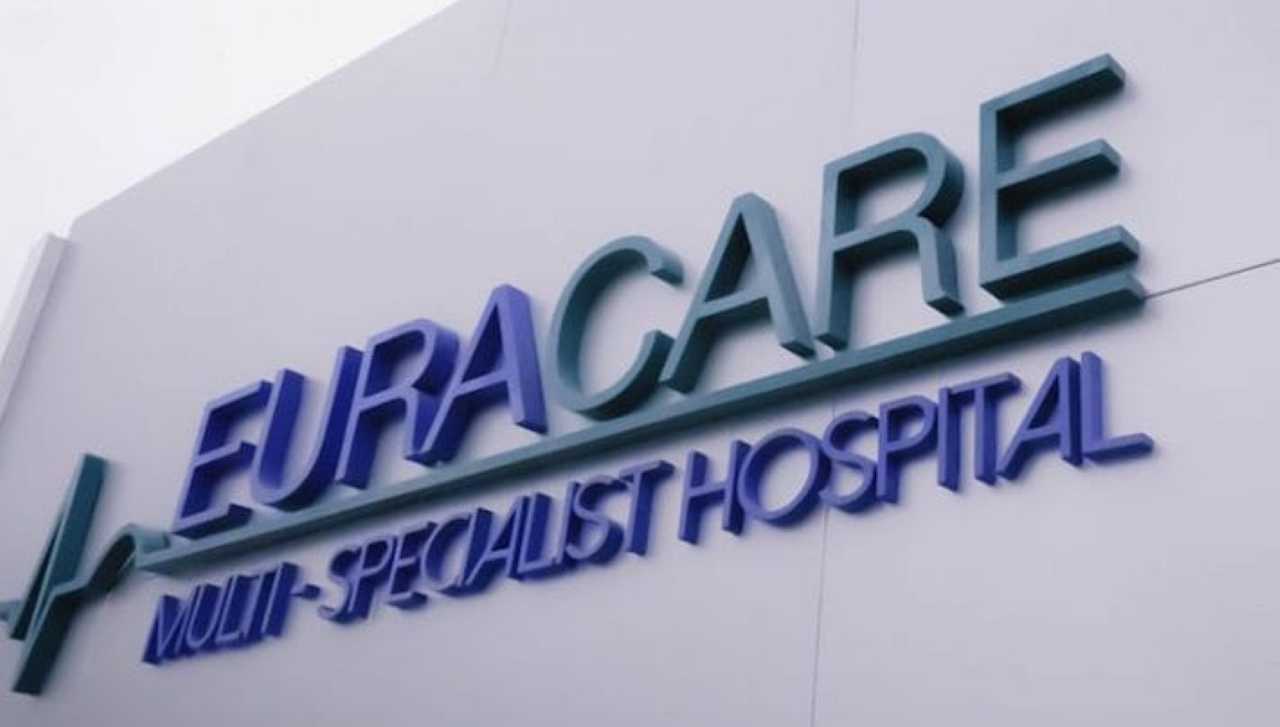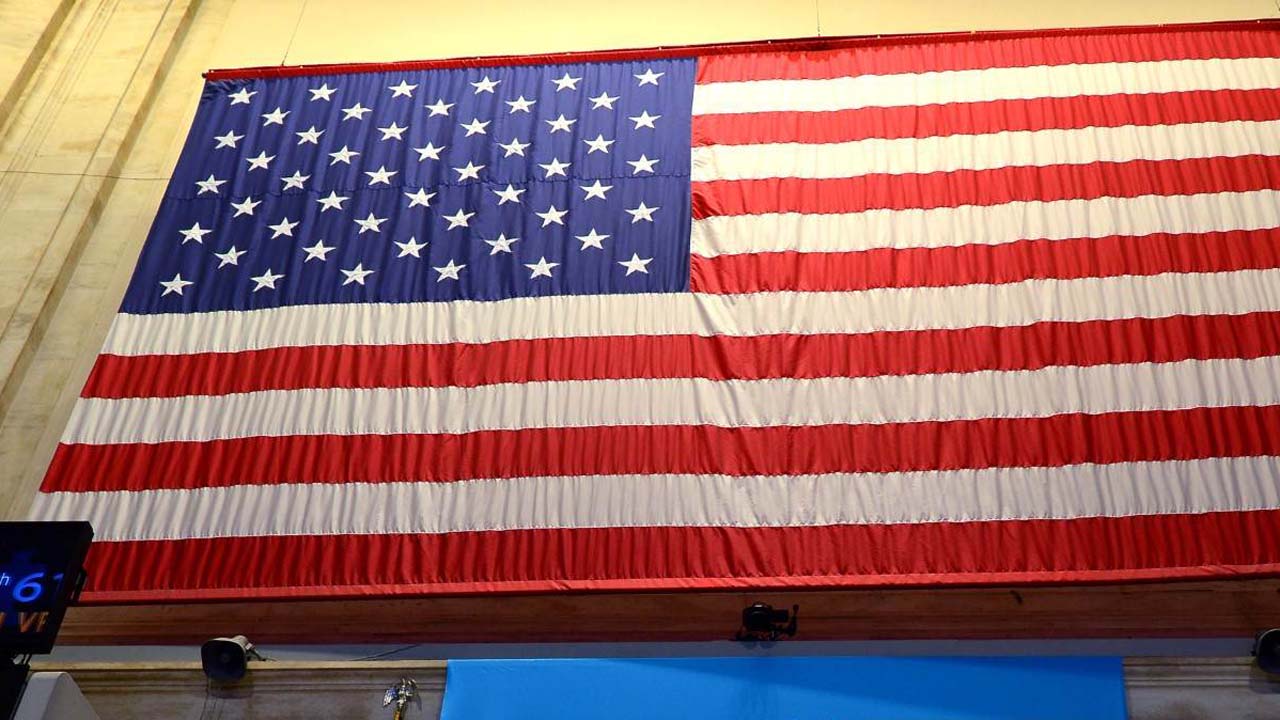In commemoration of the 2025 United Nations Micro, Small, and Medium-sized Enterprises (MSME) Day, Hope Builders for the Physically Challenged Foundation has urged support for entrepreneurs living with disabilities (PLWDs), highlighting their contributions to Nigeria’s economy.
At a special event held in Mushin, Lagos, to celebrate and empower entrepreneurs living with disabilities (PLWDs), the founder of the Foundation, Dr. Christiana Akinrinmade, emphasised the importance of recognising the potential within people with disabilities and supporting their entrepreneurial pursuits.
She said: “We are not here to celebrate limitations but strengths. We want the world to see that there is ability in disability.”
“MSME Day gives us the opportunity to showcase our skills and contributions to national development,” Akinrinmade explained.
A former banker and now a visually impaired entrepreneur and trainer, Akinrinmade stressed that while the Foundation’s activities are largely self-funded, the need for support from government agencies and corporate bodies remains crucial.
She noted that the quality of their products has improved significantly over time, and with better funding, many of their products could reach export standards.
“We’ve moved from selling liquid soap in table water bottles to using branded containers. Our production quality is improving, and so is our vision,” she added.
Dr. Akinrinmade, who designs and produces clothing despite her visual impairment, called for an end to societal discrimination and more inclusion in economic planning.
Also speaking at the event, Kehinde Adegboye, a blind entrepreneur, who showcased her homemade potato chips and fresh vegetables, recounted how she learned chip-making from a neighbor and how the absence of modern equipment like an oven drives up her production costs.
“I spend over N15,000 every time I produce. The cost of oil is high, and without an oven, the process is labor-intensive,” she said. “Despite the challenges, I sell my goods, but we need government support.”
She urged the government to organise regular exhibitions for PWDs, noting that public sensitization would help reduce stigma.
“People think patronizing us will make them disabled. That mindset must change. Disability is not contagious—we are clean, capable, and even employ able-bodied individuals.”
Another inspiring story came from Prince Bayo Oluwole Tiwon, a blind artisan who now makes leather bags. Tiwon, who lost his sight in 2016 due to a medical condition, said he chose not to beg but to learn a new skill through a training program facilitated by the Foundation.
“I was once a furniture maker before I became blind. I refused to be a liability, so I trained in leatherwork. Today, I make laptop bags, school bags, and soaps,” he said.
Despite his quality products, Tiwon lamented the lack of patronage and persistent discrimination.
“I sold soap today but not a single bag. People often overlook our work because of our condition. Government support as product off-takers would make a big difference.”
He recalled an unpleasant incident on public transport where a passenger disembarked simply because he was blind.
“It was humiliating, but others in the vehicle condemned the man. Blindness is not a disease. We are not asking for pity, just equal opportunities.”
The event also featured presentations by representatives from the Small and Medium Enterprises Development Agency of Nigeria (SMEDAN), Nigerian Association of Small Scale Industrialists, and Living Vine Mental Health Foundation. These organisations offered words of encouragement and pledged to do more in supporting entrepreneurs living with disabilities.






